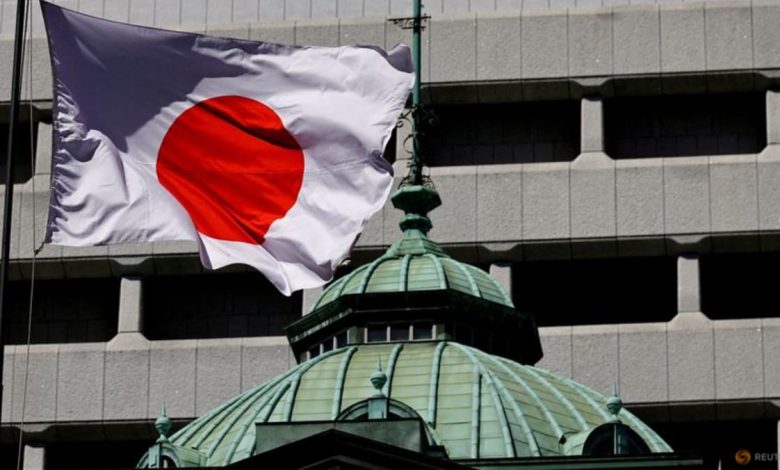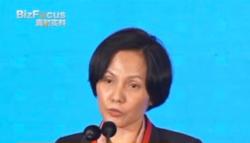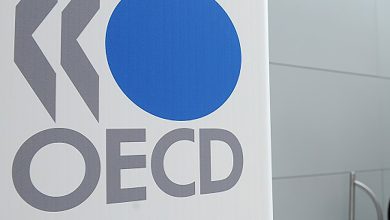Japan core inflation perks up in June, leaves BOJ rate hike open

TOKYO :Japan’s core consumer prices rose 2.6 per cent in June from a year earlier, data showed on Friday, accelerating for a second straight month and keeping alive market expectations that the central bank could soon raise interest rates.
The data will be among the factors the Bank of Japan (BOJ) will scrutinise at its policy meeting on July 30-31, when the board will release fresh quarterly forecasts and debate whether to raise interest rates from current near-zero levels.
The increase in the core consumer price index (CPI), which strips away the effect of volatile fresh food prices, was slightly below a median market forecast for a 2.7 per cent gain and followed the previous month’s 2.5 per cent rise.
A reduction in government subsidies aimed at curbing utility bills pushed up energy costs by 7.7 per cent year-on-year in June, up from a 7.2 per cent gain in May, helping to lift overall inflation.
A separate index that excludes the effects of fresh food and fuel costs, closely watched by the BOJ as a broader price trend indicator, rose 2.2 per cent in June after a 2.1 per cent reading in May.
Service inflation perked up to 1.7 per cent in June from 1.6 per cent in May, the data showed, in a sign companies continued to pass on rising labour costs through price hikes.
“While the Bank of Japan will still see the July Tokyo CPI before its meeting later this month, the June nationwide figures support our forecast of another rate hike at that meeting,” said Marcel Thieliant, head of Asia-Pacific at Capital Economics.
“Looking ahead, we expect underlying inflation to remain around 2 per cent until early-2025, which we think will prompt the Bank of Japan to hike rates both this month and in October.”
Japan’s economy shrank in the first quarter as companies and households reduced spending, casting doubt on the central bank’s view of a moderate recovery.
While analysts expect growth to have rebounded in the April-June quarter, a weak yen is weighing on household sentiment by pushing up the cost of imported fuel and food.
The BOJ exited negative rates and bond yield control in March, in a landmark shift away from a decade-long radical stimulus programme.
With inflation exceeding its 2 per cent target for two years, the central bank has also dropped hints that it will raise short-term rates to levels that neither cool nor overheat the economy – seen by analysts as somewhere between 1 per cent and 2 per cent.
Many economists expect the BOJ to raise interest rates to 0.25 per cent this year, though they are divided on whether a hike will come in July or later in the year.





